Planning Pays Off: 5 Strategies to Get the Most Out of Your Delivery Speed Choice
April 17, 2025
5 min read
Why Full Truckload Solution Can Optimize Logistics
Full truckload services are expected to reach USD 193.6 billion by 2032, demonstrating their importance for shipping purposes.
Efficient freight transport is the backbone of successful supply chains, with strategic shipping options that directly affect bottom-line results. Full truckload transportation has turned out to be a game-changing solution for companies that want to optimise their logistics while monitoring their supply chains.
In this blog, we will explore how FTL shipping improves the efficiency of the supply chain and explore the crucial role of FTL in modern logistics activities.

What Is Full Load Transportation?
Full truckload services represent a dedicated shipping approach in which an entire trailer serves a single shipper’s needs. Unlike LTL or PTL shipping, FTL ensures exclusive vehicle use, enabling direct point-to-point delivery without intermediate handling. This helps users who want fast deliveries with less handling for fewer chances of damage or losing valuable items.
Advantages of Full Truck Load Services in Supply Chain Operations
Full truckload shipping delivers multiple strategic benefits for supply chain operations:
- Direct Routing Efficiency: Point-to-point delivery eliminates intermediate stops, reducing standard transit times compared to LTL shipments.
- Cargo Protection: Exclusive trailer use eliminates multiple handling points, significantly reducing the risk of damage during transit.
- Cost Optimization: Single-journey pricing structure enables better budget control and potentially lower per-unit shipping costs for full loads.
- Improved Security: Dedicated trailer usage minimizes cargo handling and transfer points, reduces theft risks, and improves shipping tracking.
Improving the Efficiency of the Full Truck Load Supply Chain
Full-load transportation enhances operational efficiency through systematic improvements across the supply chain:
- Inventory Management: Direct shipping enables just-in-time delivery capabilities, helping reduce warehouse storage needs and associated costs.
- Schedule Optimization: Dedicated capacity allows for precise delivery timing and better alignment with production schedules.
- Resource Utilization: Full trailer utilization maximizes transportation investment, particularly for high-volume shipping needs.
- Quality Control: Reduced handling points help maintain product integrity throughout the shipping process.
Future Trends in Full Truckload Shipping
The evolution of full truckload services continues to shape logistics operations:
- Digital Integration: Advanced TMS systems enable real-time shipment tracking and automated route optimization.
- Sustainability Initiatives: Efficient capacity utilization reduces carbon footprint per shipped unit.
- Data Analytics: Predictive analytics help optimize routes and improve delivery accuracy.
- Automated Documentation: Digital processing reduces paperwork and speeds up shipping procedures.
Why Full Truckload Shipping Is Essential for a Competitive Supply Chain
Full truckload shipping provides the control and efficiency modern supply chains demand. With a capacity for up to 26 non-stackable pallets per trailer, businesses can optimize their shipping operations while maintaining tight control over delivery schedules and cargo security.
Leverage Shipyaari’s full truckload services for faster, secure, and cost-effective shipping. Start optimizing your operations today!
Frequently Asked Questions
A full truckload becomes cost-effective when shipping 26 non-stackable pallets or 42,000+ pounds of cargo.
FTL provides speedier delivery by employing direct routes with no mid-route stops or transfers, ensuring that users get point-to-point deliveries without wasting too much time.
Common options are dry van, flatbed, and refrigerated (reefer) trailers, each for specific load needs.
FTL reduces security risks through exclusive trailer use and eliminates multiple handling points. This reduces the chances of your shipment getting lost or damaged, increasing security.
Suggested Reads
Hyperlocal Personalization: Tailoring Experiences for Local Customers
Introduction The eCommerce industry in India has witnessed a rapid growth of hyperlocal services in
Continue ReadingDec






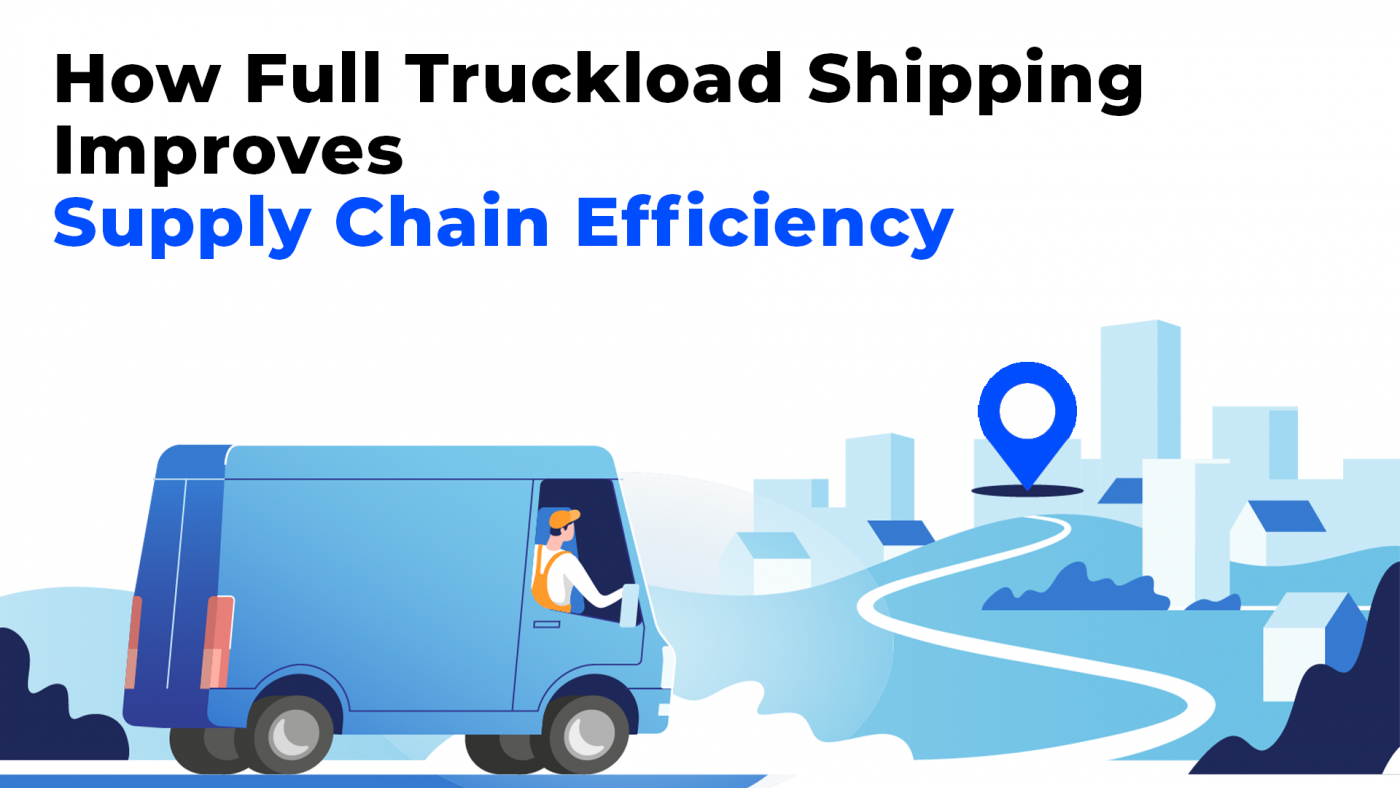



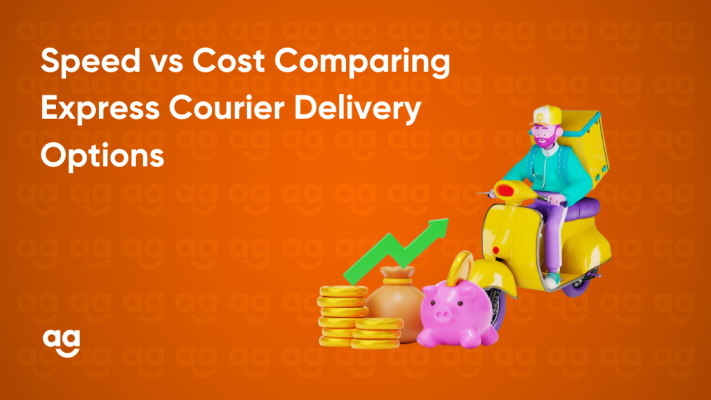

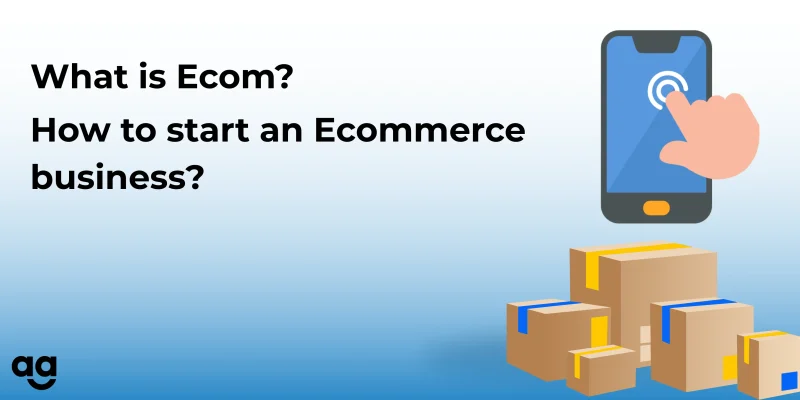

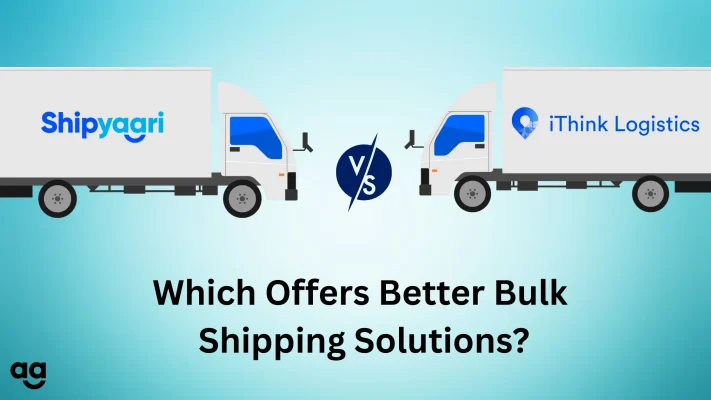

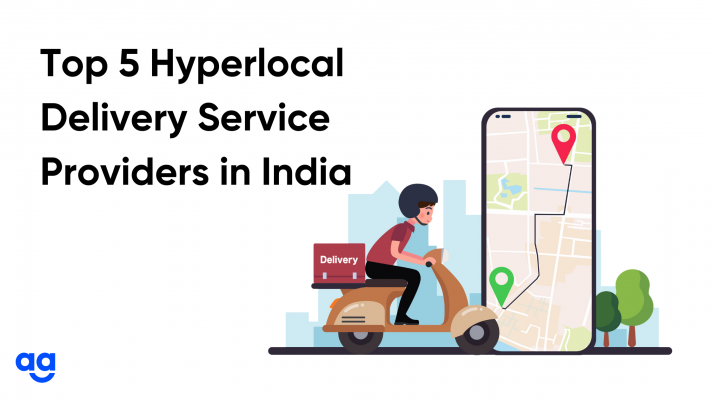
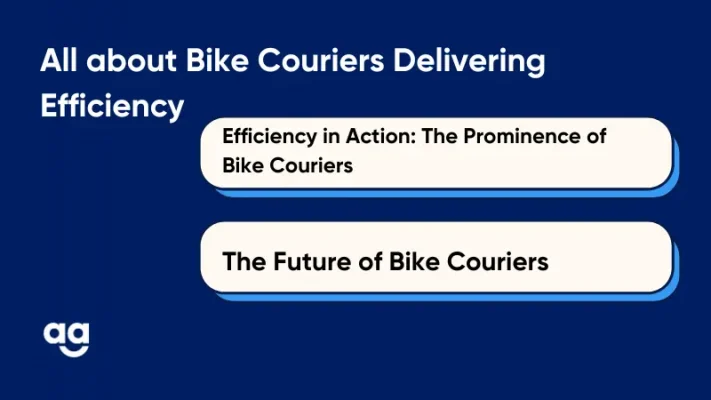
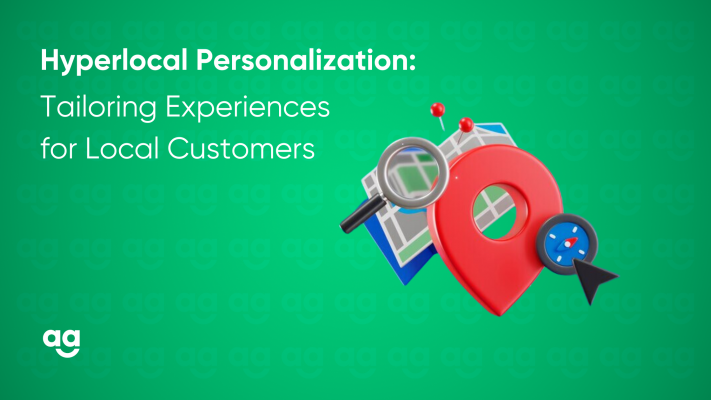
 Shipping
Shipping







